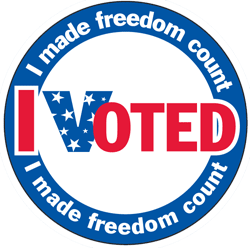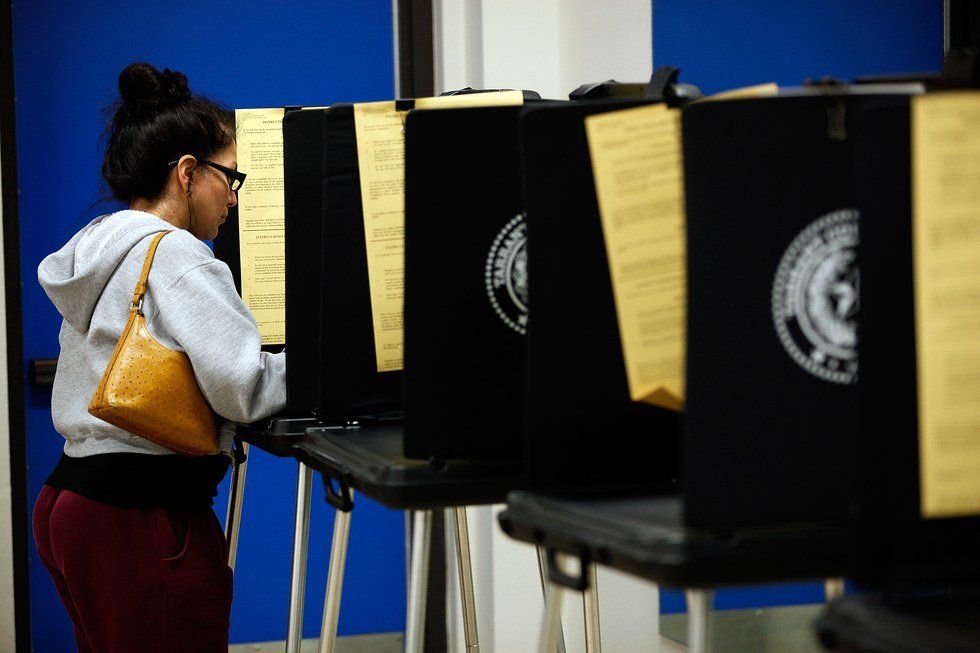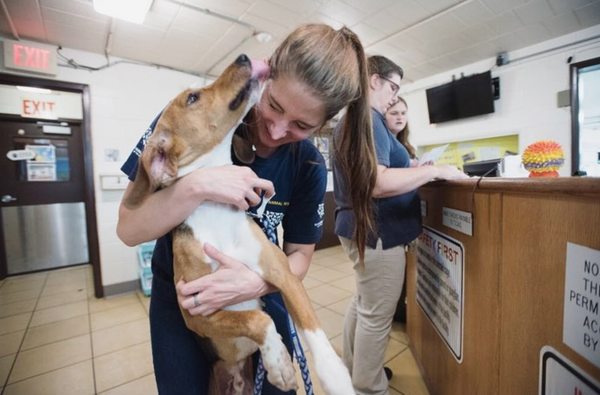The 2016 Presidential Election has, by no means, been a typical election: talk of a Muslim ban, an FBI investigation, a clash with the Pope, the building of a wall, lewd remarks about women, selling political favors, 50 officials signing a letter against Trump, the attacking of a slain soldier's parents, and the list goes on.
With so many controversies that arose are still arising, many voters, particularly Millennials, have become turned off by both candidates. As a result of their disagreement or distrust in the candidates, these Millennials are choosing to abstain from voting this election.
This becomes an issue when you consider how big of a demographic Millennials are among American voters. According to Pew Research Center, Millennials (aged 18-35) overtake Baby Boomers (aged 52-70) as America's largest generation in the U.S. electorate; however, their voter turnout rates have been historically much lower than their other generation counterparts. In the last presidential election, 46% of Millennials said they went out and voted. This is lower than the 72% of Silent/Greatest (aged 71+) voters and the 69% of Baby Boomers who went out and voted that same year. Similarly, in 2008, only 50% of Millennials voted compared to 70% by Silent/Greatest and 69% Baby Boomers.
A couple reasons why some of these voters are choosing to abstain from voting are because of either distrust in the candidates or disagreement with their policies, ideologies, or actions. These reasons are very valid concerns about each candidate and these abstaining voters are not alone. Trump supporters and Clinton supporters also have concerns for the very candidates they are voting for. According to another Pew Research Center survey, 34% of Trump supporters are concerned about his temperament and unpredictability. In the same survey, it is also noted that 17% of Clinton supporters are concerned about her dishonesty and secrecy. With significant percentages of valid concerns among the public, it is understandable how a voter caught in the middle could feel that it is not enough to pick the "lesser of two evils."
However, before deciding to not vote at all in this election, one must recognize all of the consequences of their decision. They must remember that it is not only the president that they help elect. Indeed, more positions are included on the ballot this year: supreme court judges, 34 US senator seats, 435 US representative seats, state judges, members of the state board of education, state senators and representatives, district judges, sheriffs, and plenty more. Each of these positions has roles that impact communities around the US, including your own. We must remember that supreme court judges decide vital court cases that influence your rights and the rights of others. Some of these issues can include abortion, human, and marriage rights. The US Senators and Representatives both decide on bills, laws, and policies that impact the everyday life of everyone such as budgets, voters' rights acts, and medicare reform. It is also equally as important for voters to remember the issues that will be affected by this election: taxes, immigration, health care, gun laws, law and order, foreign policy, the refugee crisis, climate change, and the countries we are currently at war in such as Afghanistan, Syria, Iraq, Libya, and Pakistan. These issues impact not just American citizens but undocumented immigrants, DREAMers, refugees, and citizens of other countries with which we interact - which extends to most of the world. Thus, it is not just the president you vote for, but for the rights of yourself and others. Voting gives you the privilege of advocating for the college graduate who has loans to pay off, for your parents who rely on affordable healthcare, for the Syrian refugee needing a home, for the victims of terrorism, and for everyone else. Your vote helps make the very decisions that impact the lives of others and your own. We millennials are in a critical time in history and we have the incredible privilege to understand the problems that the world is facing as well as the ability to do something about it. As the alleged "narcissistic" generation, let us prove ourselves by using our vote as a voice for those whose lives and livelihood depend on it.
It is also imperative that we remember that it was not too long ago that some of us did not have a voice in politics. Women did not gain the right to vote until 1919, which means that some of the grandmothers of the very same not-voting millennials did not have that right and did not have that voice. The same goes for African Americans, Asians, Native Americans, and Latinos. These minority groups consistently have, and still are facing obstacles when trying to voice their vote at the polls. Let us also not forget the voter ID law currently enacted in Texas, that the supreme court had described as targeting African Americans with "almost surgical precision" as well as with Hispanics. We millennials must not take the right to vote for granted, especially when those before us have fought so hard for our right to do so.
So before you decide to not vote in this election, I urge you to reconsider. Your vote, or lack thereof, impacts you, the people of your country, and people around the world. Do not make this decision lightly as though it will have a light impact. This is a serious matter with serious repercussions. Think about the issues you are not taking part in, the voices you are not representing, and the decision for our country's leadership you are inadvertently making. As millennials, we need to realize the power that our vote has on this election. It's why candidates rely heavily on social media, celebrity endorsement, and discussing our issues for our support. They know the huge impact we can have on this election and it's time we realize it too. So fulfill your duty, your right, your privilege by going out and voting - not just to have your voice be heard, but to be a voice for the millions of lives you can impact with just your vote.





















